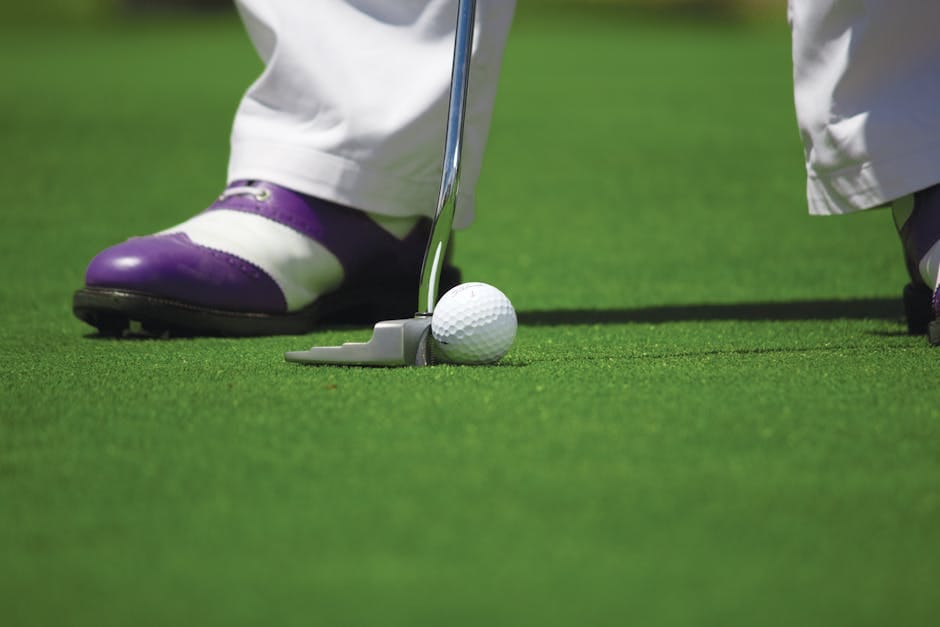Golf is a captivating sport that requires not only skill but also the right equipment. Among the essential tools for any golfer are golf clubs, which come in various types, each designed for specific shots and situations. Understanding the different types of golf clubs can significantly enhance your game.
**Types of Golf Clubs**
There are three main categories of golf clubs: woods, irons, and putters.
**Woods**
Woods are the longest and have the largest clubheads. They are used for long-distance shots from the tee box or fairway. Common types of woods include drivers, fairway woods, and hybrids.
**Irons**
Irons have shorter shafts and smaller clubheads than woods. They are used for a wide range of shots, from mid-range to approach shots. The number on the iron indicates its loft, with higher numbers representing more loft and shorter distance.
**Putters**
Putters are specifically designed for putting on the green. They have the shortest shafts and the flattest clubheads. Putters are used to roll the ball into the hole from short distances.
**Choosing the Right Golf Clubs**
Selecting the right golf clubs depends on several factors, including your skill level, swing speed, and playing conditions. Beginners should consider a set of clubs that includes a driver, 3-wood, 5-iron, 8-iron, pitching wedge, and putter. As you progress in your golf journey, you may want to add more specialized clubs to your bag.
**Personal Experience: My Journey with Golf Clubs**
When I first started playing golf, I purchased a beginner's set of clubs that included a driver, 3-wood, and a few irons. As my swing improved and I gained more experience, I realized the importance of having a wider range of clubs to suit different shots. I gradually added a fairway wood, a pitching wedge, and a sand wedge to my bag. Each new club allowed me to tackle various course conditions and improve my overall game.
**Matching Your Clubs to Your Swing**
It's crucial to match your golf clubs to your swing. A swing that is too fast or too slow for a particular club will result in mishits and inconsistent shots. If you're unsure about which clubs are right for you, consider getting a professional club fitting. A club fitter can analyze your swing and recommend the optimal clubs based on your technique and playing style.
**Taking Care of Your Golf Clubs**
Golf clubs require regular maintenance to perform at their best. Clean your clubs after each use to remove dirt and debris. Check the grips regularly and replace them when they become worn or slippery. Store your clubs in a dry, protected place to prevent rust and damage.
**Conclusion**
Golf clubs are indispensable tools for golfers of all levels. Understanding the different types of clubs and how to choose the right ones for your game can significantly enhance your performance on the course. By selecting the appropriate clubs and maintaining them properly, you can unlock your full potential and enjoy the sport of golf to the fullest.

